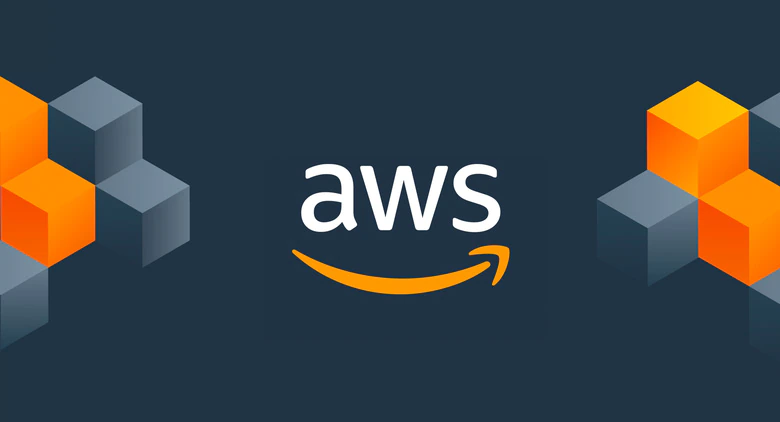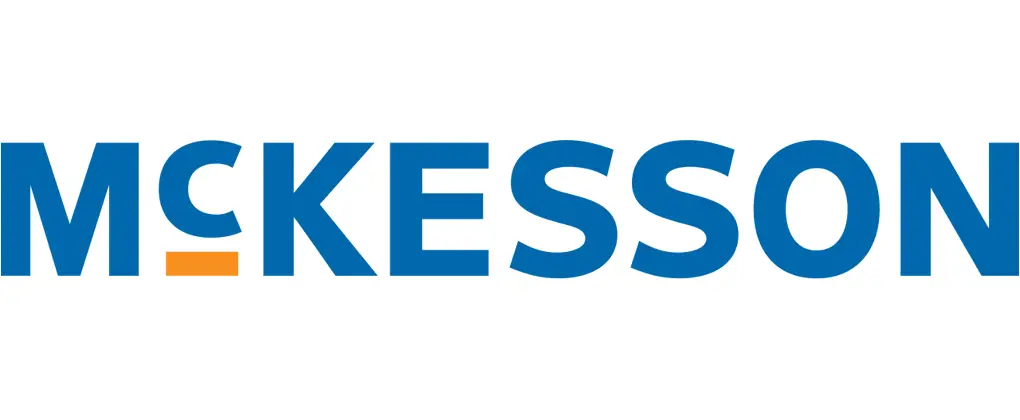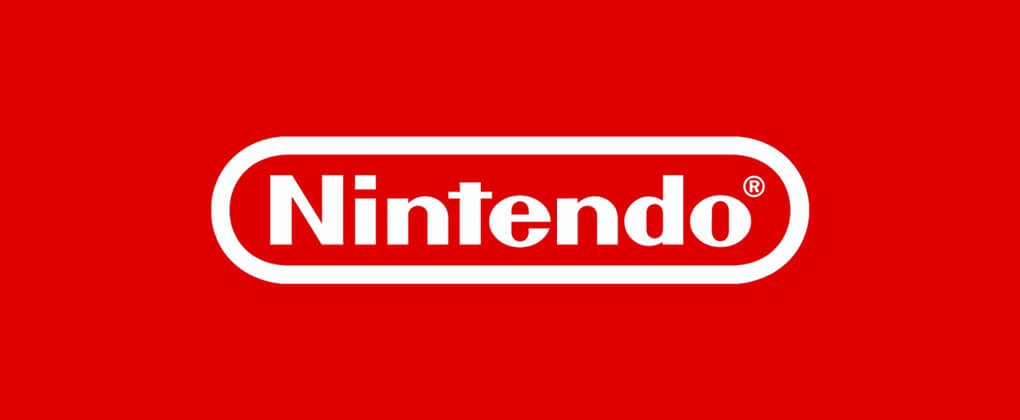AWS Competitors and Similar Companies

Amazon Web Services (AWS) is a company that offers Software-as-a-Service (SaaS) based cloud computing platforms. Anyone can opt for their services, ranging from individual freelancers to multinational conglomerates. The idea behind AWS was born sometime in the year 2000, and the fully developed platform was launched two years later under the leadership of Colin Bryar. It was an immediate success, as web developers from around the world latched on to the services as moths to a flame. After that, it was a moderately smooth ride for Amazon to update its services platform according to the needs of the users.
Today, AWS provides a number of services and has over 200 products in its repertoire, ranging from computing and storage to deployment and machine learning. Their services aren’t usually offered directly to individuals or corporations. They need to download APIs to gain access to the platform. Amazon’s Elastic Cloud Compute (EC2) is probably by far the most popular of the lot. The notable client base of AWS includes government organizations like NASA, corporate companies like Bloomberg, and even spy agencies like MI5 and MI6. The platform is currently spearheaded by Adam Selipsky as its CEO.
| Name | Amazon Web Services (AWS) |
| Founded | 2002 |
| Headquarters | Seattle, WA, US |
| SIC Code | 7373 |
| Status | Subsidiary of Amazon |
| Industry Sector | Cloud Computing / Web Services |
| Employees | 40,000 |
| Trading Symbol | N/A |
How AWS makes Money
Quite like Uber and its alternatives which provide a commuting service, AWS offers a service in the internet sector. The services span a variety of web-based and cloud-based platforms, and the company charges a certain fee for providing these services. It works on a pay-as-you-go business model where the fees depend on the operating system, software and hardware, usage, networking features, etc. However, the usage itself is measured in different ways and depends upon the organization or individual that uses the service. AWS also charges a nominal amount for the security of the physical data center where the customer files are stored.
Cloud Computing / Web Services
In simple terms, cloud computing mimics a basic computer system, and cloud providers mostly focus on the storage in the cloud in addition to computing power. The idea of a single platform for storing and sharing data cropped up in the 1960s, but the actual cloud computing industry emerged in the early ‘90s. AWS rules the roost in this industry with a 33% market share and revenue of $62 billion. Its subsidiaries include Annapurna Labs, Wickr, and AWS Elemental. This division of Amazon is known to run on an operating income of $13.5 billion.
Companies Similar to AWS
Despite having a spectacular client base and an attractive range of features that are periodically updated, you may feel like you could get more for the amount you are paying, for AWS is indeed a premium web service with barely any freebies offered. That is why we have come up with a few good alternatives to the platform that you can choose from.
AWS Similar Companies
The biggest rivals to AWS are Microsoft Azure, Google Cloud, VMware Cloud, IBM Cloud, and Salesforce Cloud. Many of these are top-notch names in the cloud industry, but Amazon is ahead of them all when you consider the statistics and the overall popularity. Let’s discuss these AWS competitors in more detail.
Microsoft Azure
Microsoft Azure is a cloud computing platform developed by Microsoft, nearly six years after the launch of AWS. It provides all three kinds of cloud services, namely SaaS, platform as a service (PaaS), and infrastructure as a service (IaaS). The key technical difference between Azure and AWS is that the latter offers direct connections, while the former is into routing. Also, though both these platforms run on the pay-as-you-go model, their pricing strategies differ. AWS charges for services used per hour, whereas Azure charges per minute. This implies that though Azure provides more flexibility, it becomes more expensive in the long run.
Cloud Computing / Web Services
The services offered by Azure are almost the same as those provided by AWS. Through large-scale visualization at secure physical data units, Azure renders a wide variety of computer, storage, mobile, and communication services. It also deals in identity safety, big data analysis and management, and a number of media services like streaming and encoding. Its data centers are spread throughout the world, right from the Americas and Europe to India and Japan. And considering that it started off late, Azure’s revenue of $51.7 billion is commendable.
| Annual Revenue | Funding | Headquarters | Employees |
| $51.7B | $1M | Redmond, WA | 160,000 |
Google Cloud Platform
The Google Cloud Platform (GCP) is a cloud computing service provided by Google. GCP and AWS’s services are quite similar, but since the former is an extension of its public cloud assets, its security is directly based on its online data systems. GCP is more of a basic cloud computing platform that provides a limited range of web services, but that also makes it a much more affordable option than AWS. Thus, if you are looking for a fast web services platform that meets many of your business or personal requirements for a reasonably low fee, then GCP is the answer!
Cloud Computing / Web Services
Google entered the professional cloud computing industry at around the same time that Microsoft did, in 2008. After acquiring several of its competitors like Stackdriver and Firebase, GCP has expanded into several regions beyond North America, including South America, Europe, and Asia. Its bag of services carries computing, databases, storage, identity, networking, IoT, etc. Its operating income is at the comparatively low $3 billion mark, but it is rapidly gaining credible users all around the world with its IaaS and PaaS service platforms.
VMware Cloud
With big names like Amazon, Microsoft, and Google listed so far, you may wonder what VMware is doing here. Indeed, many of you may not even have heard about this company. But software enthusiasts around the world agree that it is one of the leading horses in the cloud race. Did you know that VMware was the first to virtualize Intel’s x86 architecture? And when it comes to cloud computing, VMware is more of an associate of AWS than a competitor. But as office colleagues compete with each other, there is quite a bit of healthy competition between the two related cloud computing platforms.
Cloud Computing
VMware was founded in 1998, and its cloud computing service was launched around 10 years later. The company’s main source of income, which constitutes $2 billion, is virtualization technology. Though cloud computing is its secondary product, it has grown quite a lot over the years in this industry. Its comprehensive cloud management software includes the vRealize Suite (hybrid cloud), Cloud Foundation (SDDC system), and Horizon View which is related to its virtualization product. VMware’s other cloud service products are desktop and server software, storage, networking, and application management.
IBM Cloud
International Business Machines Corporation (IBM) is THE oldest computer company in the world. Founded way back in 1911, it has undergone several transformations and expansions over the century, and it currently stands as one of the top competitors in the cloud industry. Incidentally, it is also the youngest firm on this list in terms of cloud computing services (launched in 2011). IBM Cloud computing offers all three service models – SaaS, IaaS, and PaaS. It is a cross-platform service that is available on Windows, Linux, iOS, and Android. Its licenses include both closed and open sources, the former for the platform and the latter for client SDKs.
Cloud Computing / Web Services
IBM Cloud directly competes with AWS when it comes to service offerings. Its core cloud platform is called IBM SmartCloud, and it provides its cloud computing services in all three avenues – public, private, and hybrid. They can be respectively found under SmartCloud Foundation, SmartCloud Services, and SmartCloud Solutions divisions of the company. Its cloud services can be owned and managed by either the user, IBM, or both the user and IBM. It also allows for third-party involvement on the platform. Apart from providing cloud computing services, IBM is also involved in the research and standardization of the platform as a whole.
Salesforce Cloud
Salesforce is a cloud-based software developer and provider whose main offerings are customer relationship management (CRM) and the sales cloud platform. The company was established in 1999 by four experienced entrepreneurs, Marc Benioff, Dave Moellenhoff, Parker Harris, and Frank Dominguez. Benioff leads Salesforce to this day as its chairman and CEO. The company went public just about five years later, by which time it had accumulated a funding amount of $110 million. After that, its growth was rapid, and it took only five more years to hit a billion dollars in revenue. Did you know that Salesforce recently finalized a five-year partnership with Formula One?
Cloud Computing
Unlike Amazon, which deals in various other industry sectors, Salesforce is exclusively involved in cloud computing. Its primary service is the CRM platform, with data integration and visualization as secondary offerings. The revenue model of the company is different from that of AWS in the sense that it provides its cloud computing services on a subscription basis. Salesforce’s products include, but aren’t limited to, Sales Cloud, Marketing Cloud, and Service Cloud. With hundreds of thousands of customers utilizing the platform, the company generates an operating income of $548 million. It also owns other popular software platforms like Slack, Mulesoft, and Quip.
Conclusion
AWS’s biggest competitor is Microsoft Azure. Both these platforms provide similar kinds of cloud services, and they have an almost identical revenue model as well. Admittedly, AWS makes much more money than Azure, but the latter has been rapidly catching up over the years. More and more individuals and organizations are switching to Azure because it decidedly provides better hybrid cloud support than AWS.
Amazon’s cloud platform may have been used by a number of world-changing organizations, like NASA’s space footage and image storage. But Microsoft’s cloud isn’t too far behind, with the vaccination storage for Weka Smart Fridge and Ecolab’s reuse and recycle water campaign. Thus, you will, more or less, be only changing the brand name if you decide to switch to Azure from AWS. The services will most probably remain the same, with a definite upgrade in the hybrid cloud computing experience.


